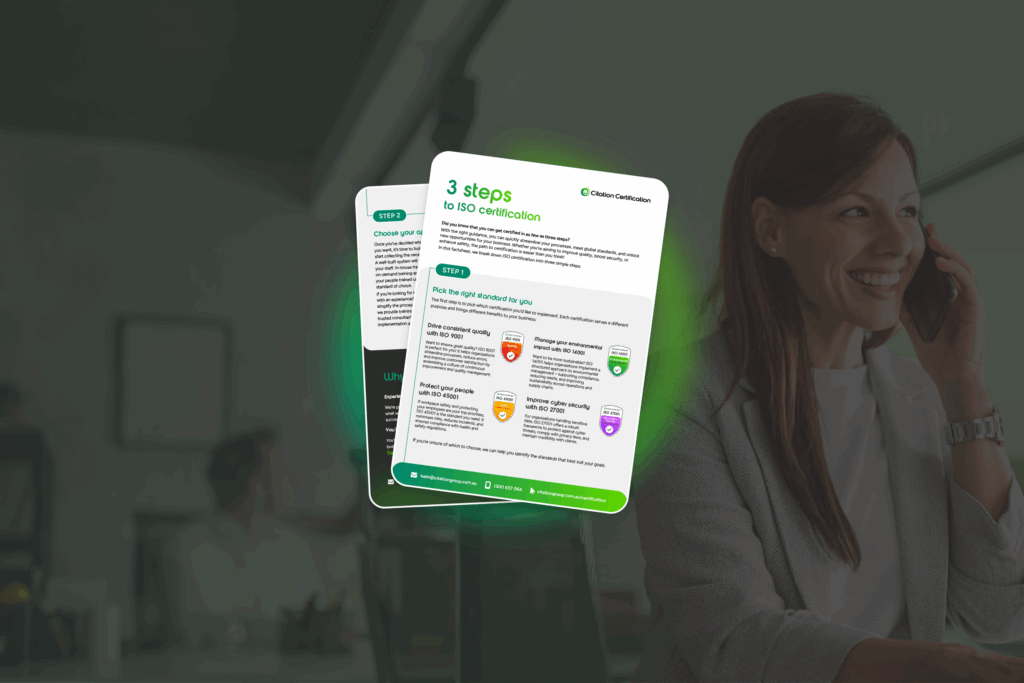
Domestic violence is a serious problem in Australia. Its inherently destructive nature means it impacts not only the victim’s personal life, but also their working life and professional development.
In this article, we dive into how employers can support an employee if they’re experiencing domestic violence, what entitlements they have under the Fair Work Act 2009 (Cth) (FWA), and how flexible working arrangements can play a crucial part in supporting victims.
1. What is domestic violence?
The definition of domestic violence varies. While some organisations confine their definition to intimate partner violence, others also recognise violence committed between a broader range of family members. Some definitions even include violence between people who live together but are unrelated. Indigenous populations often prefer the term “family violence” as it better reflects the relationships with their kin, including extended familial relationships and care structures. Domestic and family violence can take many forms, including but not limited to physical violence, verbal or psychological abuse, and financial abuse.
Under the FWA, family and domestic violence is defined as violent, threatening, or other abusive behaviour by an employee’s close relative which seeks to coerce or control the employee and causes them harm or fear. A close relative includes immediate family members (spouse/former spouse, de facto partner/former de facto partner, child, parent, grandparent, grandchild, sibling, or the employee’s current or former spouse or de facto partner’s child, parent, grandparent, grandchild, or sibling) and people related to the employee according to Aboriginal or Torres Strait Islander kinship rules.
Regardless of which definition is adopted, there’s always a perpetrator or perpetrators and a victim or victims. For victims of domestic violence, studies show that they’re likely to experience long-term impacts on both their physical and mental health. In the workforce, this often translates into a detrimental impact on productivity, attendance, engagement, and well-being.
Domestic violence is a unique problem in that it spans cultural, economic, and social divisions and isn’t confined to any single demographic, so employers must be alert to the signs from any of their employees.
2.What do I need to do as an employer?
As an employer, you should aim to be supportive of any employees struggling with domestic violence. One way of doing this is to establish clear and open lines of communication by encouraging your workforce to speak to you or a manager if they’re experiencing problems such as domestic violence and ensure that such issues will be dealt with confidentially.
In addition to this, employers should be aware that the FWA provides that employees who are dealing with the impact of family and domestic violence can:
- Take unpaid family and domestic violence leave.
- Where they’re unfit for work because of a personal illness or injury, or providing care or support to an immediate family member or member of their household because of illness or injury or an emergency, take paid or unpaid personal/carer’s leave (subject to the employee’s employment status and accrued entitlements); or
- Request flexible working arrangements.
If an employee does confide in you that they’re a victim of domestic violence, you should act with sensitivity. Unless you’re a qualified therapist or a counsellor, you shouldn’t be providing such services to the employee. Instead, you should listen patiently and offer support where possible. Providing the employee with a safe space to voice their concerns is often an effective way of ensuring that issues of domestic violence are dealt with, as this will allow you and the employee to work together to come to a solution best tailored to their needs.
The employee may simply wish to make you aware of the issue, or they may have a specific request in mind – perhaps a couple of days of leave to attend court or move house, or acceptance that occasionally they may be a few minutes late to work. Discuss their needs, both long and short term and find a solution which works for both of you.
Offer access to an Employee Assistance Program (EAP) if you have one, consider providing them with appropriate support resources, or otherwise encourage them to speak to you if they’ve any concerns.
3. Unpaid domestic and family violence leave: what leave entitlements do employees have?
Under the FWA, all employees (including part-time and casual employees) are entitled to five days of unpaid family and domestic violence leave per 12-month period. This leave doesn’t accumulate but it’s available in full at the start of each 12-month period.
Employees can take unpaid family and domestic violence leave where they’re experiencing such violence, they need to do something to deal with its impact, and it is impractical to do it outside their ordinary hours of work.
While employers can request evidence from their employees, they must take steps to ensure that information provided by an employee is treated confidentially – unless it’s required to be disclosed by law or necessary to protect a person’s life, health, or safety.
Some businesses may offer more generous leave entitlements under their policies, contracts, or enterprise agreements.
4. Can my employees request flexible working arrangements?
An employee who’s experiencing violence from a member of their family or is providing care or support to a member of their immediate family or household who’s experiencing domestic violence has a right to request flexible working arrangements under the FWA.
If such a request is made, you must consider the request and can only refuse on reasonable business grounds. A response must be provided within 21 days.
We recommend that you carefully consider the needs of the business and the employee and attempt to accommodate their request if possible. Advice should be sought where you’re considering refusing the request, to minimise risk to your business.
5. What are my employer obligations?
Think about how your company deals with domestic violence and consider what entitlements your employees have access to. Do your policies reflect your business’s intentions? Do your employees understand their rights and obligations?
Recent studies show that incidents of domestic violence are on the rise, and even with high-profile cases making headlines, we’re still only scratching the surface of this issue. Everyone has a role to play in eliminating this problem, including employers.
If this article has raised any concerns for you or someone you know, please contact these free support services:
Lifeline – 13 11 14
Beyond Blue – 1300 22 4636
Mensline – 1300 78 99 78
DV line – 1800RESPECT (1800 737 732)
Citation HR can help
Citation HR Software can help you make policies relating to domestic violence (DV) leave – and ensure that all employees are aware of their options when it comes to taking leave to deal with DV. Citation HR can also keep you updated on the latest policies around Family and Domestic Violence bills that come into effect in the future, so you can ensure you’re keeping up with your obligations. If you have questions surrounding an employee requesting DV leave, we are offering a confidential no-obligation chat.








